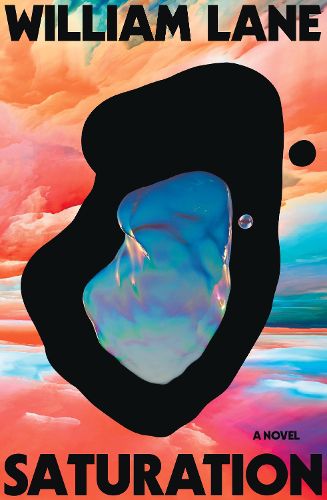Saturation by William Lane

Ambrose and Ursula live in a future world where they struggle to keep their home from rising damp and where flooding is a frequent occurrence with bones making their way to the surface everywhere. They are both librarians, but the books they look after are at risk from an increasingly controlling government suspicious of radical ideas that may be in the books (like Fahrenheit 451). The mass data deletions of the past mean that technology has declined, hence the importance of libraries for passing on knowledge. It is a world where children are a rare sight, requiring guards to ensure their safety. Ursula would dearly love to have a child and strives to earn points with the ever vigilant, all seeing “Yoremind” (like Big Brother in 1984), for the right to reproduce. One of the ways to earn points is to attend public sports games but the ageing sportsmen are less entertaining than the half time gladiators who fight to the death as in Roman times. There are also points, bizarrely, for playing children’s games. Ursula insists that Ambrose partakes of the points earning activities for fear that he will attract negative attention from the government even though they seem to coincide with outbreaks of illness and violence. When Ursula finds she is pregnant and Ambrose suddenly finds he has lots of points, they use them to take a holiday at a beach where they meet some old flames and visit an orchard with an alternative community.
I found the worldbuilding off kilter with inconsistencies and thinly described settings that challenged the imagination. It would have helped maybe if we knew more about the backstory where things collapsed, farm animals became extinct and whole towns disappeared underwater. The characters were one dimensional and hard to fathom with short dialogue that wouldn’t be out of place in Beckett’s ‘Waiting for Godot’. Overall, I struggled to remain interested in this dystopia, many of the themes about information control and misinformation were familiar to me and it didn’t seem to have anything new to say.
Themes: Dystopia, Misinformation, Government control.
Sue Speck